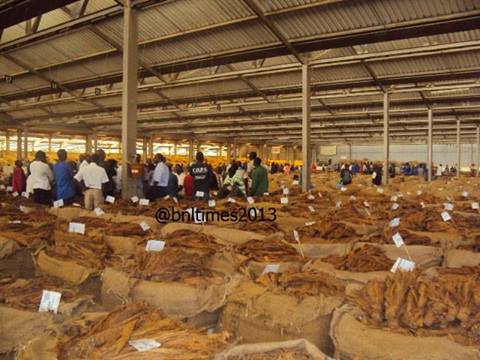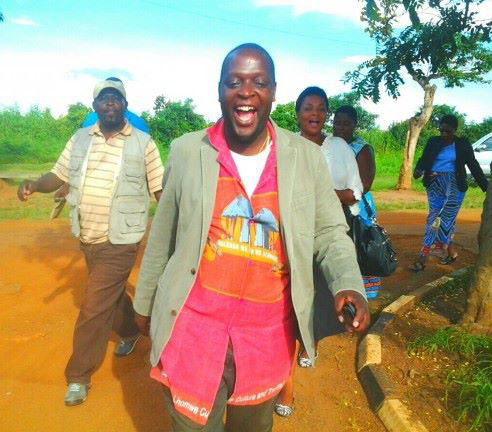Farmer Yohane Machira tested positive for HIV in 2002. Yet the farmer, who hails from Kasiya, northwest of the capital Lilongwe, has lived a life full of optimism since he started raising goats.
For many years, Mr. Machira has grown food crops such as maize and sweet potatoes, and cash crops like tobacco. Then, in 2010, a non-governmental organization called Heifer International introduced Mr. Machira and other HIV positive farmers to dairy goats.
When Heifer International distributed the first batch of goats in early 2011, Mr. Machira’s family was among the 12 beneficiaries in their village. Each family received two goats.
In December 2011, Mr. Machira’s goat gave birth. By October of this year, it was time for Mr. Machira to pass on the female offspring to another family affected by HIV and AIDS. The passing-on ceremony generated local excitement and enthusiasm.
For Mr. Machira, raising dairy goats was the beginning of a better and healthier life. He explains: “The dairy goats really changed my life. I am able to collect about five litres of milk at a time from the two goats I am rearing at the moment.”
Mr. Machira consumes most of the milk at home to improve his health. He sells surplus milk to the nearby trading centre.
Goat milk not only brings Mr. Machira extra income; it is also nutritious. Since he started drinking goat milk, he has had fewer of the opportunistic infections that commonly strike people living with HIV.
Another benefit is the composted manure which Mr. Machira uses as fertilizer. He sums up the impact of dairy goats on his life with these words: “I am able to support my family and many other farming activities because, among others, goat milk has helped me to be healthier than before. Once again I have hope for survival.”




